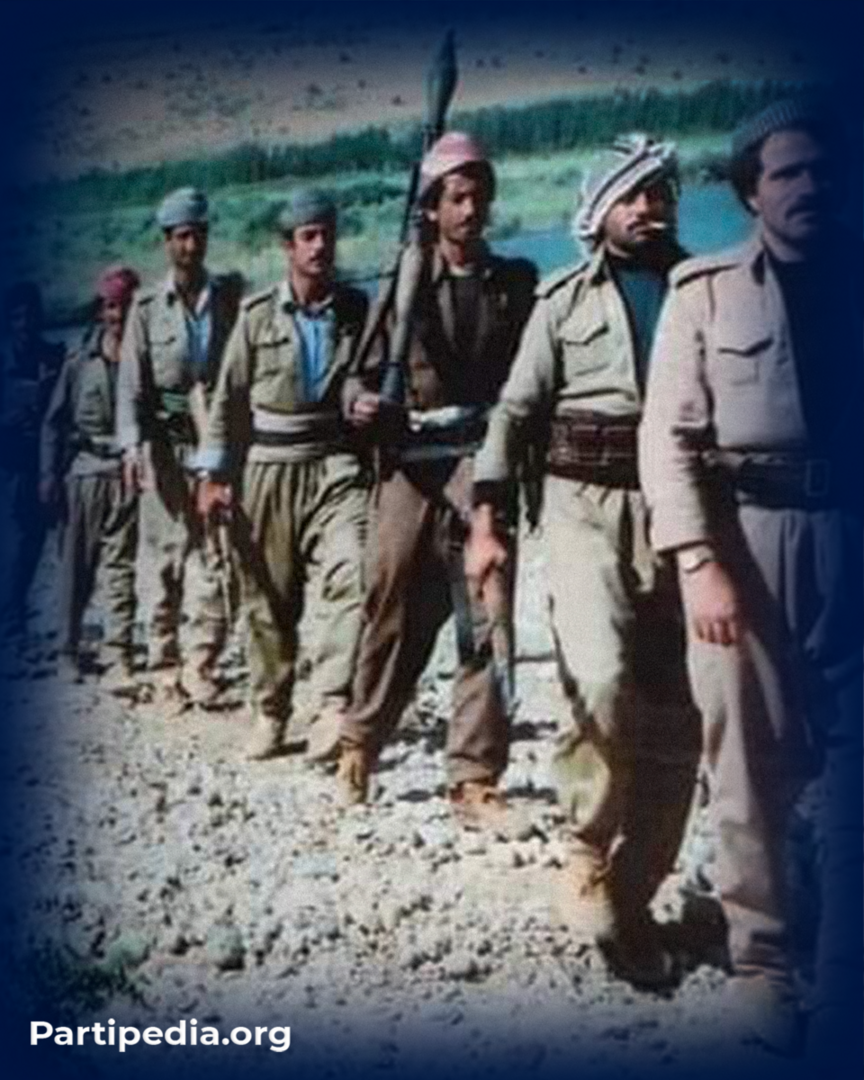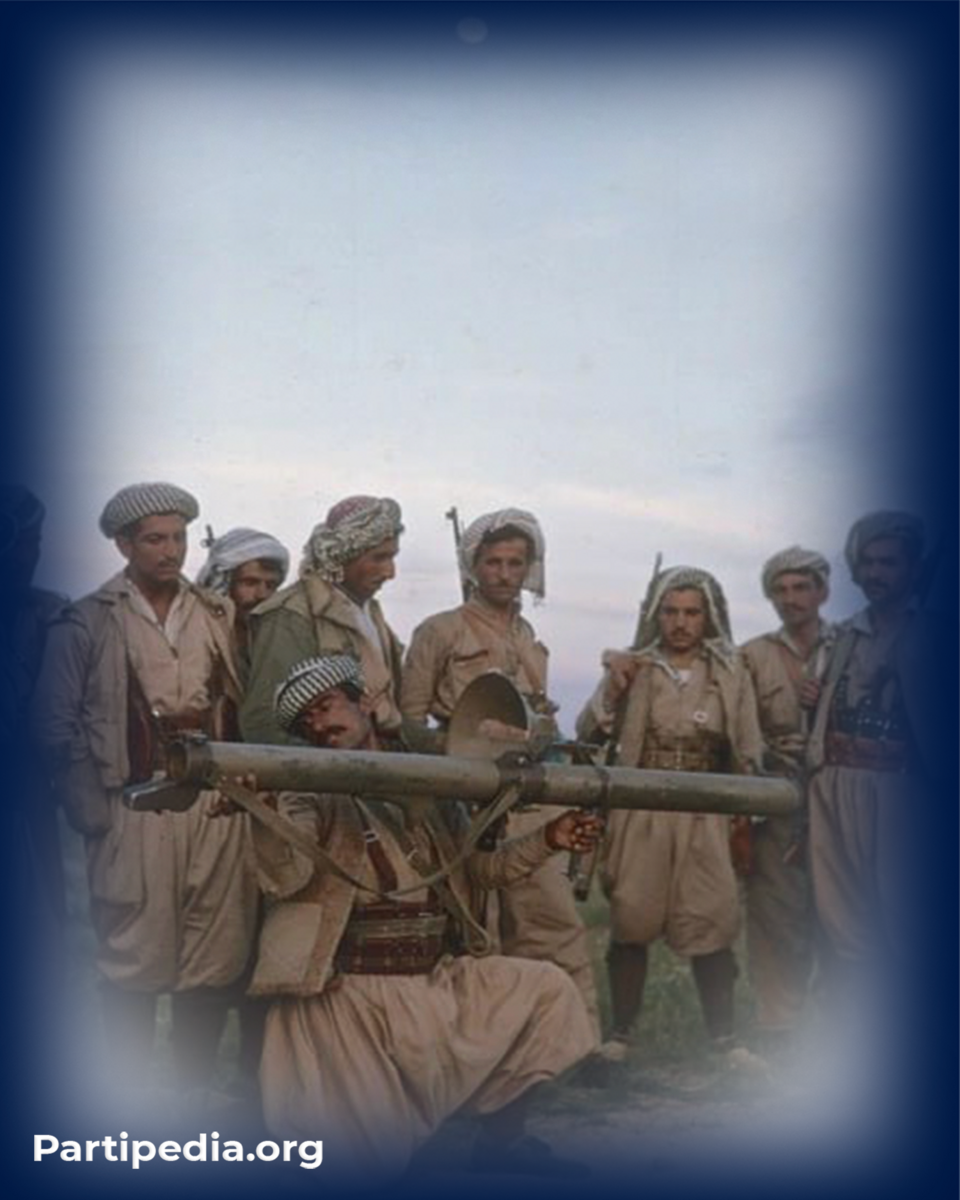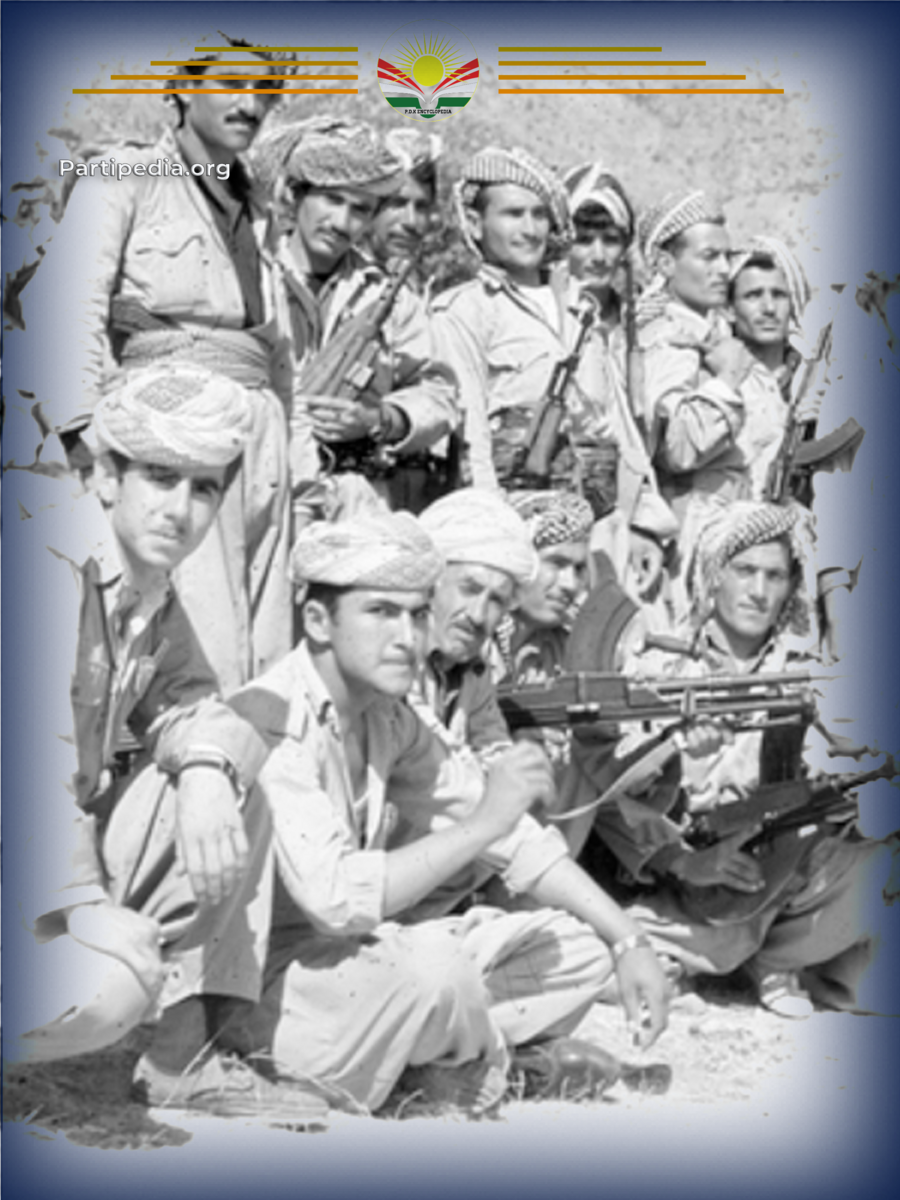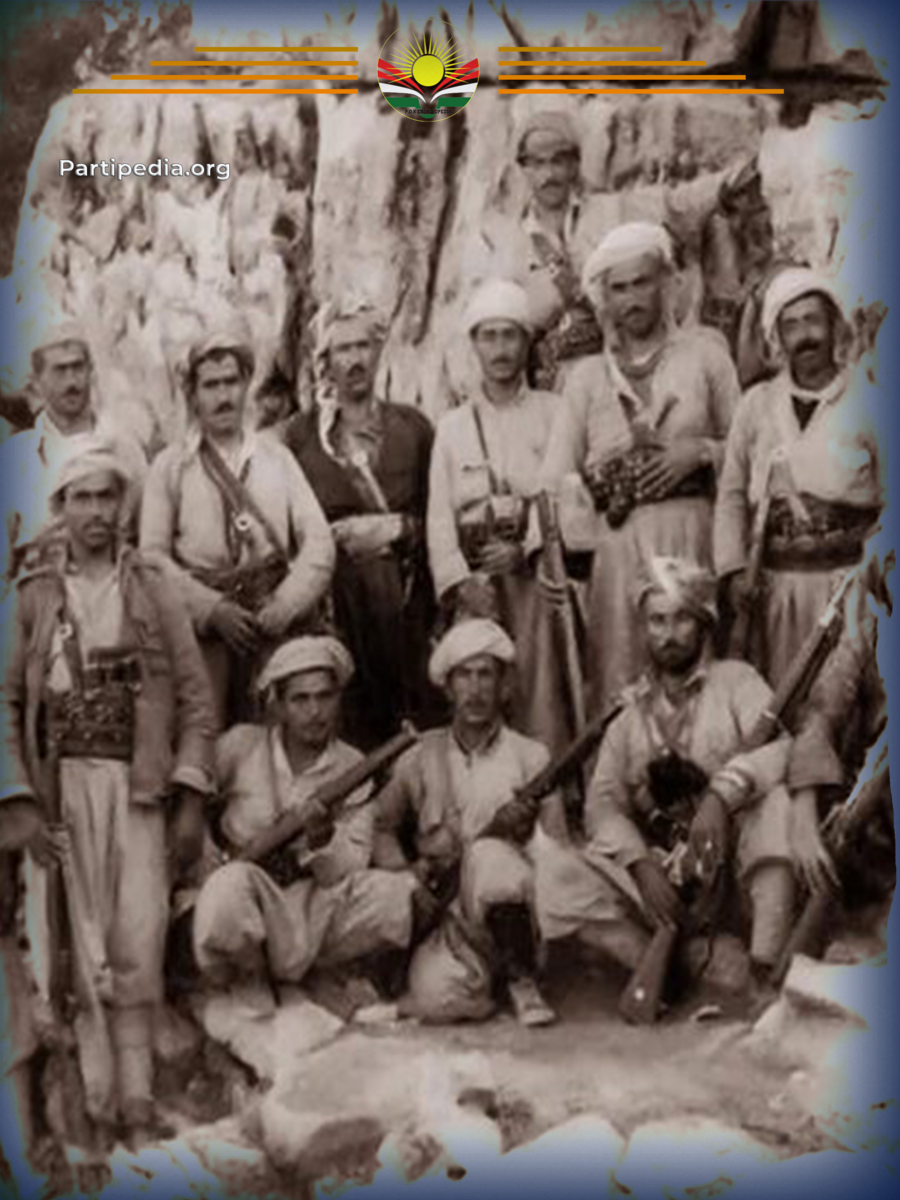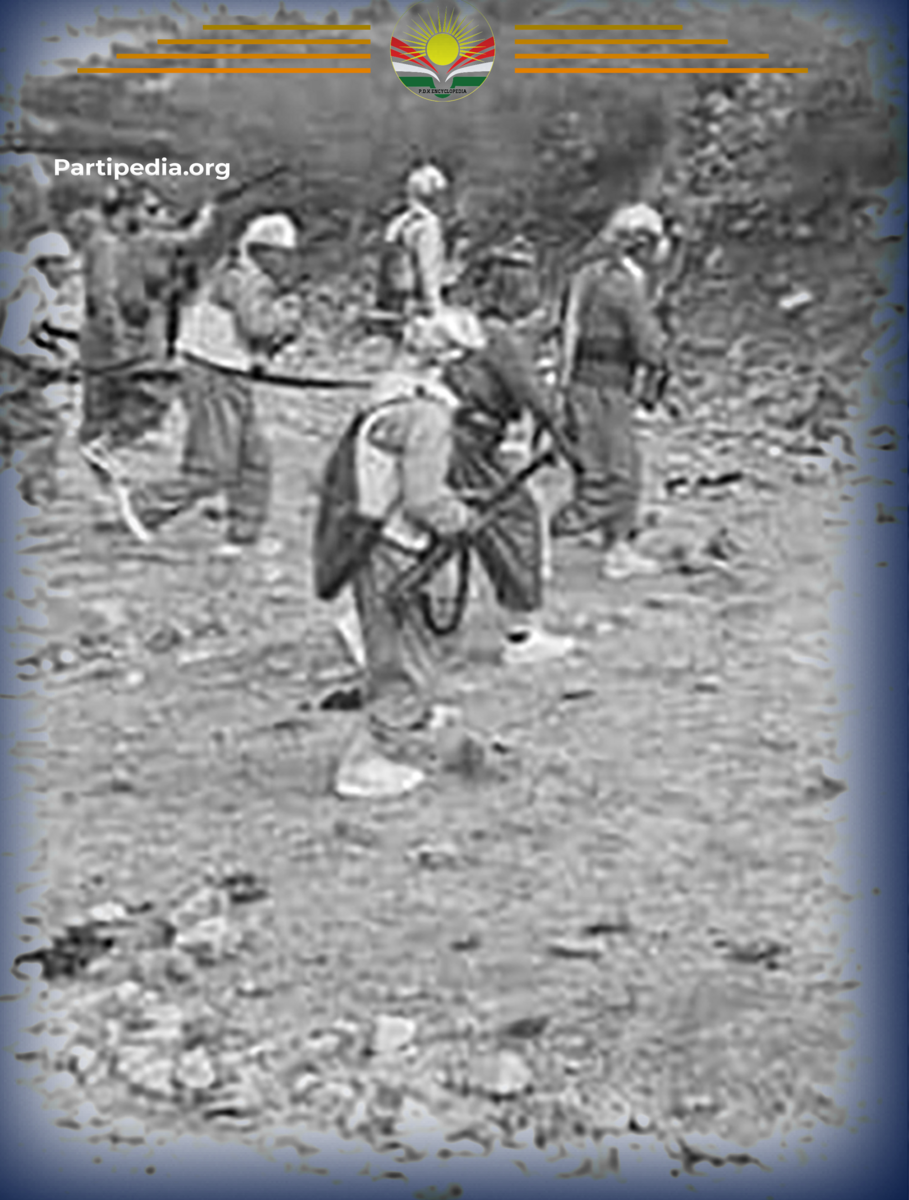The Ba'ath regime employed every possible means to maintain its grip on power and eliminate perceived threats. It strategically adapted its plans to maximize effectiveness and consolidate its advantage. The areas under revolutionary control, serving as key Peshmerga bases and headquarters, posed a persistent threat to the regime’s interests. Consequently, these areas were targeted with military offensives, involving both ground and air strikes, aimed at suppressing resistance and destroying Kurdish villages.
In August 1984, the Ba'ath government launched a massive offensive against the revolutionary-controlled areas of Zakho in the Badinan region. The campaign specifically targeted the headquarters of the Duhok and Zakho Regional Committees in an effort to dismantle the Peshmerga forces and stifle the Kurdish revolutionary movement. Thousands of soldiers, along with mercenaries (commonly referred to as *jash*), participated in the operation under the leadership of Arshad Zebari and Jaafar Mustafa. The offensive was bolstered by tanks, artillery, armored vehicles, and helicopters.
On the morning of August 24, 1984, the attack commenced from three main fronts:
1. **Babokhke and Galnazke Fronts**
2. **Zewka Aboy, Navshke, and Osmana Fronts**
3. **Lefe Front to the Zakho Regional Committee Headquarters in Harina Village**
The Peshmerga forces, organized within party branches and regions, were deployed across these fronts to counter the government’s offensive. The forces of the Martyr Shahyaz Salih Organization and Comrade Sadiq Galnazki Organization defended the Babokhke and Galnazke fronts, while the Zewka Aboy, Navshke, and Osmana fronts were held by units from the Ranjbaran Organization, Khalid Kochar, and Martyr Mohammed Hamdi, supported by National Defense Forces. Fatah Guli, head of the Duhok Regional Committee, led the Peshmerga forces in these critical clashes.
Additionally, a joint force of PDK Peshmergas and a Communist Party delegation, under the command of Mohammed Murad, was stationed above the village of Zewka Aboy to provide reinforcements and respond to advancing government forces.
The Ba'ath forces launched their assault early in the morning, but the Peshmerga offered fierce resistance. Initial clashes resulted in significant blows to the government forces, though three Peshmergas were martyred at the Navshke front. The advancing forces were pushed toward Osmana Village, where the Peshmerga regrouped and fortified their positions. Villagers provided unwavering support, aiding the Peshmerga in their defense. Armed with both light and heavy weaponry, the Peshmerga successfully countered the attack, forcing the enemy to retreat beyond Zewka Aboy.
However, the battle escalated as air support came into play. Eight warplanes bombarded Peshmerga positions, leading to the martyrdom of several fighters. Despite this, the Peshmerga held their ground, demonstrating remarkable resilience. The Ba'ath regime continued its offensive for eight consecutive days, deploying tanks, artillery, and aircraft. Though the sustained attacks strained the Peshmerga, they refused to yield.
On the eighth day, the Peshmerga launched a decisive counterattack across all fronts. Their strategic assault disrupted the ranks of the government forces, ultimately securing a resounding victory. The Iraqi army and its mercenaries suffered heavy losses, including the death of Lieutenant Colonel Abdullah, the brother of Latif Zebari, a senior *jash* advisor. Dozens of soldiers were killed, and many were captured. The Peshmerga seized a substantial cache of weapons and ammunition, marking a significant triumph for the revolution.
The victory came at a high cost, with eight Peshmerga martyrs, five of whom perished in airstrikes. Despite ongoing attempts by the Ba'ath regime to recapture revolutionary-controlled areas, their repeated failures strengthened the morale of the Peshmerga and bolstered the Kurdish liberation movement. These defeats not only elevated the revolution’s achievements but also inflicted a lasting psychological and strategic blow to the Ba'ath regime.
Source:
1.kdp Encyclopedia Archive.




